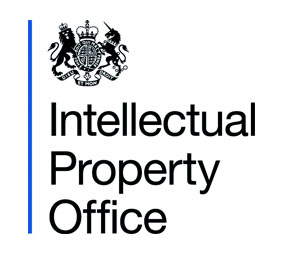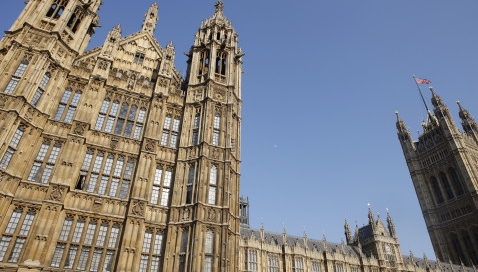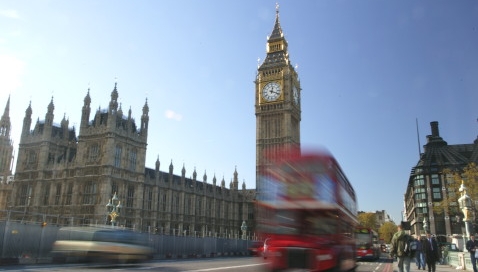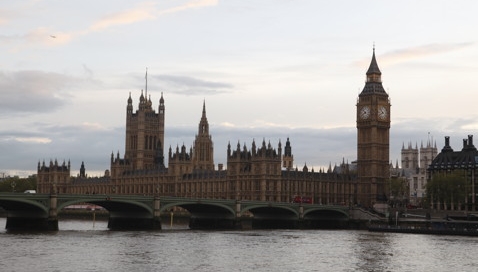by Sana Ali
This week has seen significant developments in the area of press regulation in the UK, with the Press Recognition Panel created as a legal body under the Royal Charter, and IMPRESS announcing its first chair. While IPSO, the self-regulatory body set up by elements of the industry has made clear it will not seek recognition under the charter, IMPRESS, which aims to be an independent monitor for the press, has yet to decide.
The Press Recognition Panel established by the Royal Charter on self-regulation of the press has appointed its five initial Board members. The appointments were made official on 3 November 2014, when the Press Recognition Panel came into effect as a legal entity.
Working with chair Dr David Wolfe, the five members are:
Harry Cayton, current Chief Executive of the Professional Standards Authority
Emma Gilpin-Jacobs, served as Director of Communications for the Deputy Prime Minister till February of this year
Carolyn Regan, Chair of the Board of Trustees of Just for Kids Law and a Council Member at City University
Harry Rich, current Chief Executive of the Royal Institute of British Architects and a Governor of the University for the Creative Arts.
Tim Suter, Founding Partner of Ofcom
Dame Anne Pringle, Chair of the Appointments Committee, said, “We are delighted to appoint these five experienced and capable individuals to these important and challenging roles. They bring the right mix of skills and qualities necessary to establish this important new organization and provide independent verification of press self-regulatory arrangements.”
Two days later came the appointment of IMPRESS’s first chair, Walter Merricks CBE, first Chief Ombudsman of the Financial Ombudsman Service. In a press release sent out on 5 November, the IMPRESS Project said, “[Merricks] will lead this ground-breaking organization which is […]









